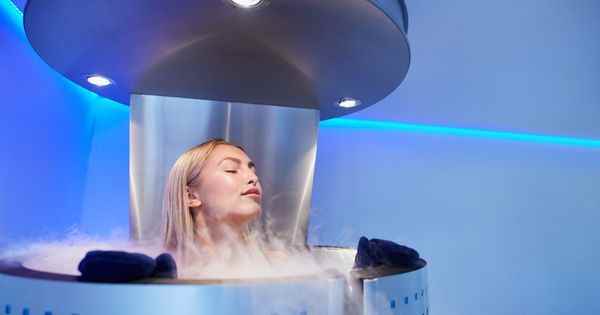Posted ,
Reading 1 min.
Loss of smell, or anosmia, is one of the symptoms of Covid-19 infection. People who suffer from it are hampered in their daily lives and only want one thing: to regain their sense of smell. Cryotherapy could help them.
Some discoveries are sometimes completely fortuitous and as the saying goes, chance sometimes does things well. Clients of a cryotherapy center located in the Drôme (26) have noticed that the cold sessions have allowed them to regain their sense of smell, lost following a Covid-19 infection! The link between cold and the disappearance of their anosmia was assessed by French scientists as part of a study conducted by the CHU and the University of Reims with the company Cryotera.
A new sense of smell for the majority of participants
The findings of this pilot study were recently published in the medical journal The journal of integrative and complementary medicine. And the results are encouraging:Out of 30 people who had between two and five cryotherapy sessions, 28 noticed an improvement in their sense of smell..
And these effects occur quickly, in the order of a week according to the authors. A real benefit knowing that the classic management of anosmia generally lasts more than 4 weeks.
Consult a GP online
A hypothesis that remains to be confirmed
The cause could lie in the analgesic and anti-inflammatory effects of cryotherapy. These effects could counter the inflammation created by the disease on the sensory neurons of the olfactory system, causing a partial or total loss of smell. However, scientists remain cautious at this stage and believe “qthat other complementary investigations are necessary to confirm the first results of this pilot study”.
The research is extended to other cryotherapy centers in order to have a workforce more capable of confirming these results. From a methodological point of view, the study does not have a double-blind placebo comparison group (i.e. a group of patients who would not have received cryotherapy treatment without their being able to know it… a device not necessarily easy to implement).
Nevertheless, these preliminary results are encouraging when we know that this side effect of Covid-19 affects nearly 70% of patients.
